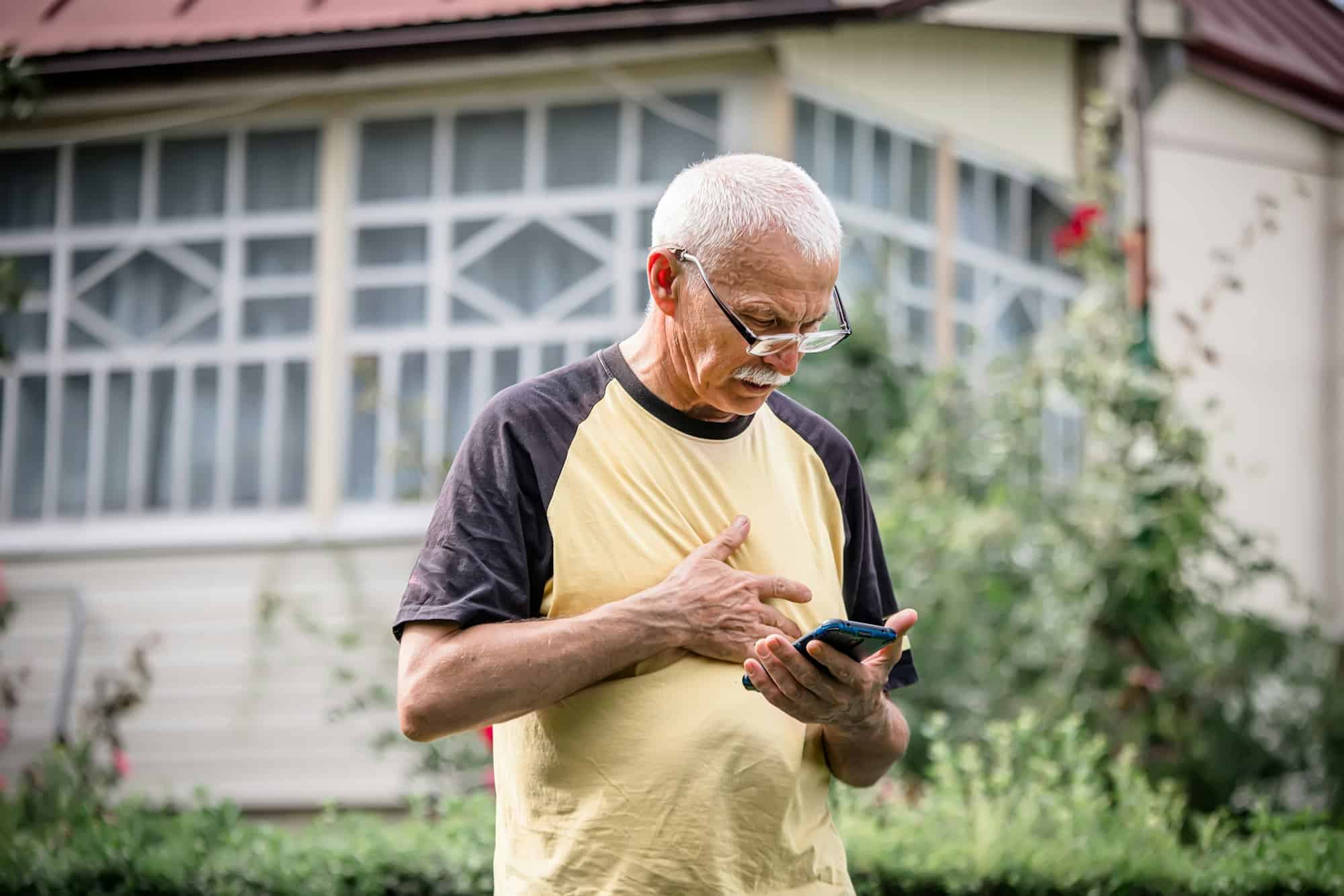What Are the Implications of Teletherapy for UK’s Mental Health Services?

In a world increasingly dominated by technology, it’s no surprise that healthcare has also taken a digital turn. The rise of teletherapy – remote mental health services delivered via video calls and other online platforms – is a trend that has been exponentially amplified by the global Covid pandemic. As we navigate the post-pandemic landscape, it’s critical to explore and understand the implications of teletherapy for the UK’s mental health services. In this article, we will examine the benefits and challenges of teletherapy, its impact on patient care, and its effects on service providers and the wider community.
Embracing the Benefits of Teletherapy
Teletherapy has transformed the way mental health support is provided – a shift that has brought numerous benefits. Its primary advantage is arguably accessibility. The remote nature of teletherapy means that people no longer need to travel to a physical location to receive care. This is especially advantageous for those living in rural areas where mental health services may be sparse. It also proves beneficial for individuals with mobility issues or those who juggle busy schedules.
A voir aussi : Unlocking surprises: the allure of the mystery box one plus
Teletherapy also allows for more flexible scheduling, which helps to reduce appointment no-shows. A study showed that teletherapy can significantly improve the consistency of therapy attendance, thus facilitating better treatment outcomes. The comfort of speaking from one’s own environment can also help patients feel more at ease, potentially leading to more open conversations and improved relationships with their therapists.
While the benefits are clear, it’s also essential to understand how teletherapy is changing the face of mental health services in the UK.
Lire également : How Can Urban Wildlife Corridors Improve Biodiversity in UK Cities?
Navigating the Challenges of Teletherapy
Despite its many advantages, teletherapy also comes with its share of challenges. Connection issues, technical difficulties, and privacy concerns can hinder the effectiveness of teletherapy sessions. Not all users have access to reliable internet or the necessary devices, creating a digital divide that can exclude certain demographics from these services.
Moreover, the lack of physical presence can also make it difficult for therapists to read subtle non-verbal cues, which are often crucial in mental health assessments. Similarly, the therapeutic relationship may be impacted as therapists and patients adjust to the lack of face-to-face interaction.
It’s also important to consider the implications of teletherapy on mental health staff, who are adjusting to a new mode of operation.
The Impact on Mental Health Care Providers
The shift to a remote service delivery model has required mental health staff to adapt and evolve. Learning how to provide care via video call while maintaining the same level of empathy and connection is a significant change. It’s also crucial for staff to ensure patients’ privacy and confidentiality in a digital setting, which may require additional training and resources.
On the other hand, teletherapy can alleviate some of the pressures faced by mental health service providers. The flexibility of scheduling and the ability to work from home can help reduce staff burnout, which is a prevalent issue in the healthcare sector.
While the impacts on individual patients and service providers are substantial, teletherapy also has broader implications for the community as a whole.
Teletherapy and the Community
By making mental health care more accessible, teletherapy can contribute to a healthier, happier community. Removing the barriers of travel and time can encourage more people to seek help, which is particularly crucial given the increased mental health issues arising from the Covid pandemic.
Furthermore, the normalization of online therapy can help to reduce the stigma often associated with mental health. As therapy becomes a regular part of people’s lives, it can encourage open conversations about mental health in the community, promoting a more understanding and supportive society.
Yet, as we continue to review and adjust to this new modality of mental health care, it’s essential to ensure that teletherapy services are as inclusive and effective as possible.
Future Considerations for Teletherapy
As teletherapy becomes an integral part of mental health care in the UK, it’s imperative for service providers to continually assess and improve their offerings. As the technology evolves, so too must the services to ensure they remain accessible and beneficial to all users.
It is also crucial to provide ongoing support and training for mental health staff to ensure they can deliver effective care in a remote setting. Additionally, efforts should be made to bridge the digital divide and ensure that teletherapy is not just a privilege of the technologically adept or those who can afford the necessary devices.
Teletherapy has shown immense potential in transforming the UK’s mental health services. As we continue to navigate the post-pandemic era, it will be fascinating to see how this digital revolution continues to shape the future of mental health care.
The Role of Technology in Teletherapy
In the world where everything is digital, the mental health sector is also embracing this change. The role of technology in teletherapy is vital, especially in the UK where the demand for mental health services has surged due to the Covid pandemic. Teletherapy relies heavily on various digital platforms, primarily video calls, to deliver remote care to service users.
Teletherapy helps to break down physical barriers, allowing service users to access mental health services from their own homes, saving both time and money on travel. This convenience can potentially increase the uptake of mental health services, particularly for those living in rural areas where resources may be limited, or those with mobility issues.
However, the digital nature of teletherapy also presents new challenges. Not every service user has access to reliable internet or the necessary devices. This digital divide can exclude certain demographics from accessing teletherapy, calling for necessary measures to ensure that everyone can benefit from these services, regardless of their technological capabilities or geographic location.
The use of video consultations also requires service providers to adapt their communication skills. Unlike face-to-face care, therapists must learn to read subtle non-verbal cues through a screen, which can be a daunting task, especially for those who are new to this mode of delivery.
The Future of Mental Health Services in the UK
Despite the challenges, the future of mental health services in the UK looks promising with teletherapy becoming an integral part of care delivery. The flexibility and accessibility that it offers may encourage more people to seek help, ultimately leading to a healthier and happier community.
Moreover, the advent of teletherapy has normalized the concept of seeking mental health support. The ease and comfort of accessing therapy from one’s own home can help to reduce the stigma often associated with mental health issues. A study from google scholar suggests that the rise of telemental health services in the UK has led to more open conversations about mental health, fostering a more supportive and understanding society.
Yet, as we move forward, it is essential for health services to continually assess and improve teletherapy services. As the technology evolves, so too must the services to accommodate the changing needs and preferences of service users. Ongoing support and training for health care staff are also crucial to ensure they can deliver effective care in a remote setting.
Bridging the digital divide is another area that needs attention. Efforts should be made to ensure that everyone has access to telemental health services, not just the technologically adept or those who can afford the necessary devices.
In conclusion, teletherapy has revolutionized mental health care delivery in the UK. As we continue to navigate the post-pandemic era, it is crucial to embrace this change while ensuring that the services are inclusive, accessible, and effective. With a robust framework in place, teletherapy has the potential to shape the future of mental health services in the United Kingdom, promising a healthier and more inclusive community.
